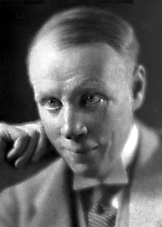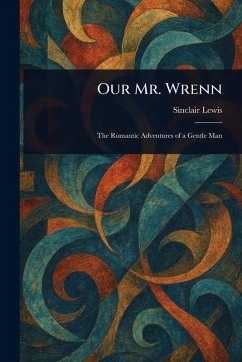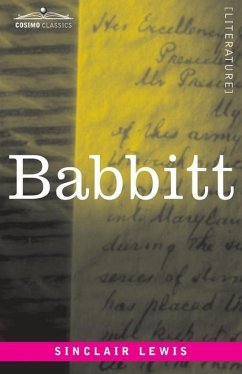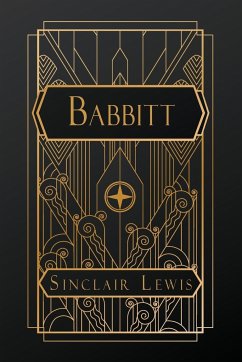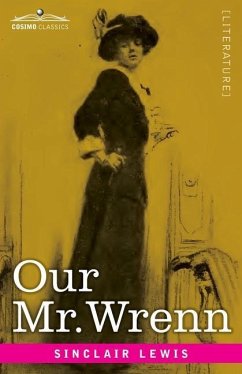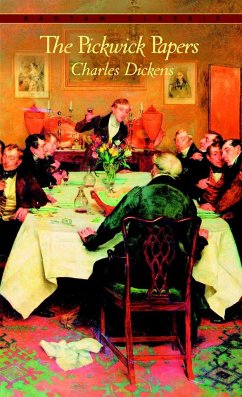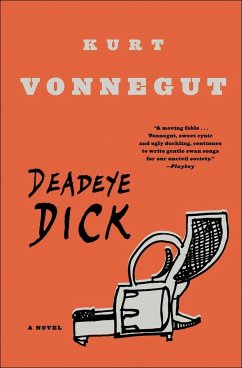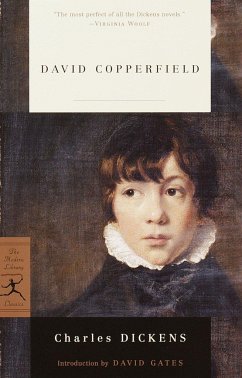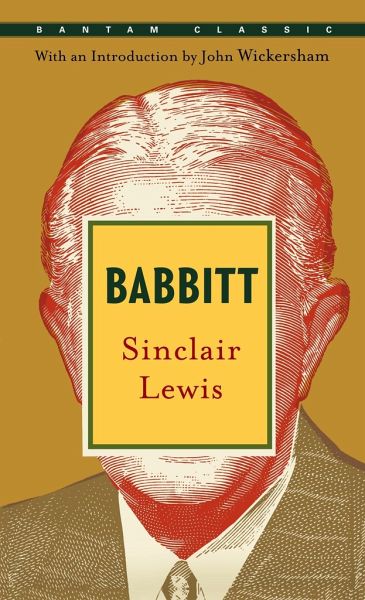
Babbitt
Versandkostenfrei!
Versandfertig in über 4 Wochen
7,99 €
inkl. MwSt.

PAYBACK Punkte
4 °P sammeln!
Following the critical and commercial success of Main Street, Sinclair Lewis directed his barbs at the American businessman in "Babbitt. The central character, George Follansbee Babbitt, is a middle-aged realtor living in Zenith, the Zip City. He is unimaginative, self-important, and hopelessly middle class. Vaguely dissatisfied with his position, he tries to alter the pattern of his life by flirting with liberalism and by having an affair with an attractive widow, only to find that his dread of ostracism is greater than his desire for escape. He does, however, encourage the rebellion of his s...
Following the critical and commercial success of Main Street, Sinclair Lewis directed his barbs at the American businessman in "Babbitt. The central character, George Follansbee Babbitt, is a middle-aged realtor living in Zenith, the Zip City. He is unimaginative, self-important, and hopelessly middle class. Vaguely dissatisfied with his position, he tries to alter the pattern of his life by flirting with liberalism and by having an affair with an attractive widow, only to find that his dread of ostracism is greater than his desire for escape. He does, however, encourage the rebellion of his son, Ted. Lewis's seventh novel defined an American type and gave the language a name for the smug person who readily conforms to middle class standards and conventions.




